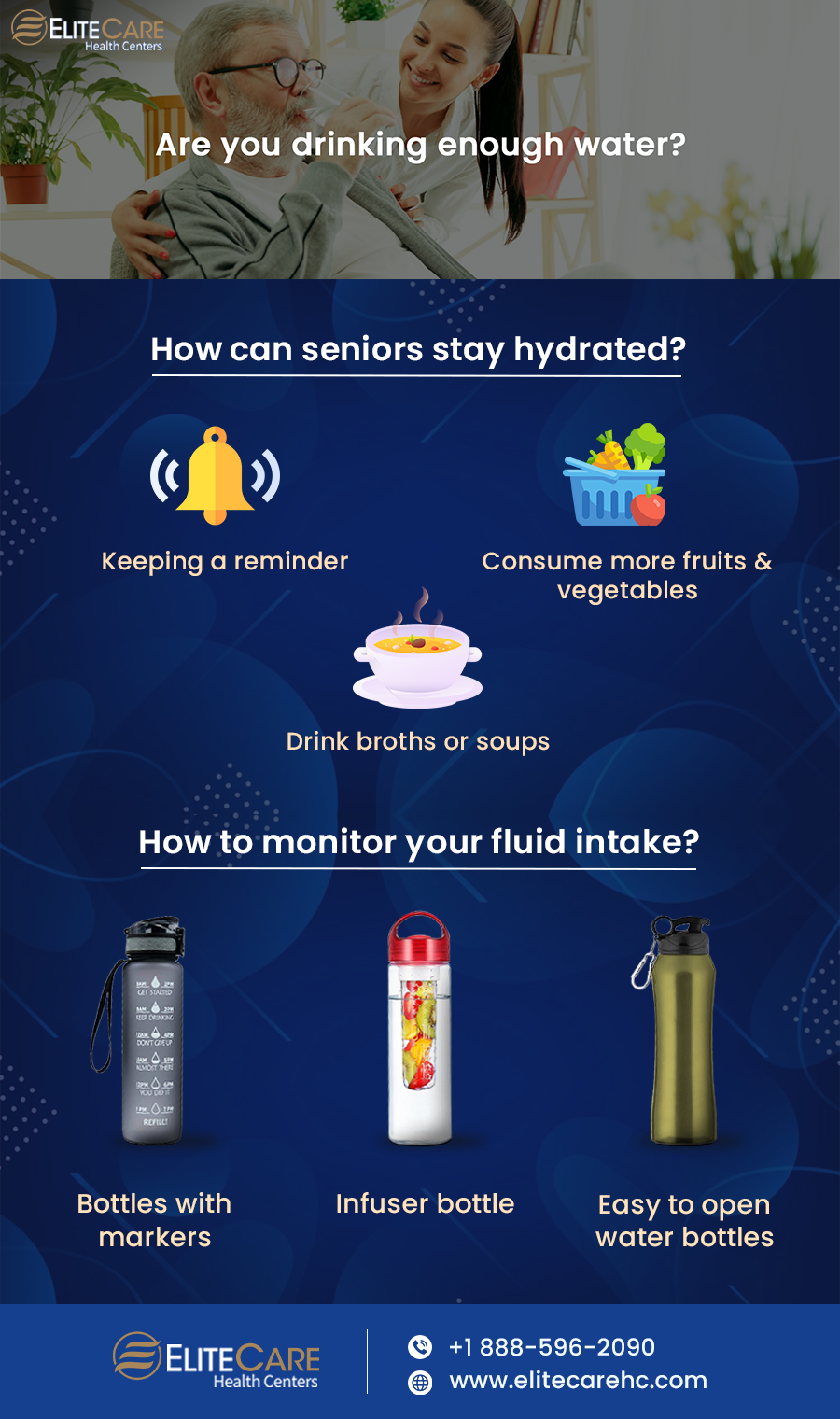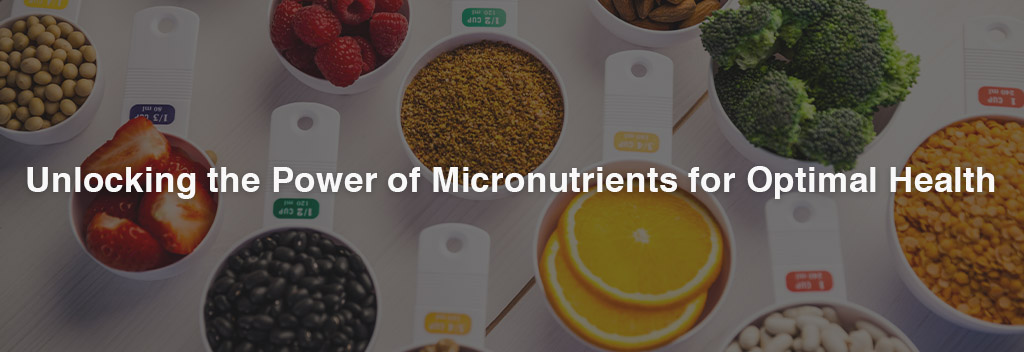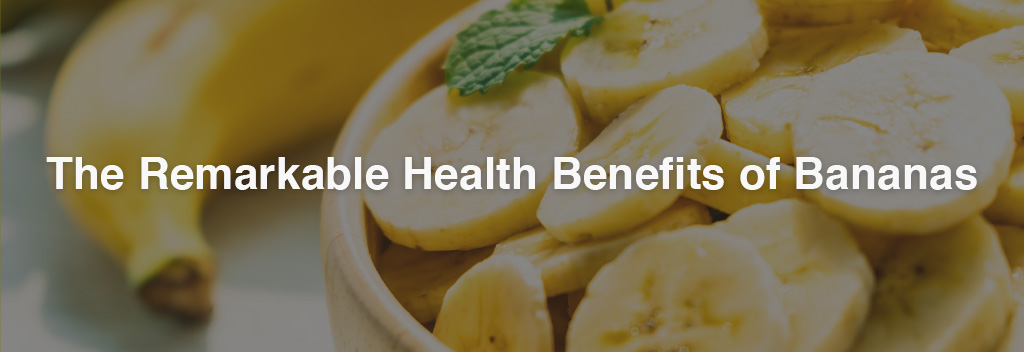
Introduction: The importance of staying hydrated for seniors
At any age, being hydrated is crucial, but with age water content in the body declines and the body’s composition changes. Therefore, elders are more prone to dehydration and suffer related consequences. The sense of thirst also lessens with age, so even if the body requires more fluids, seniors feel less thirsty throughout the day.
Dehydration symptoms in the elderly often go undiagnosed, which makes the situation worse. Many initial symptoms, including dry mouth, exhaustion, lightheadedness, and muscular cramps, are general in nature and are readily confused with other medical disorders, medication side effects,, or even the normal aging process. Additionally, seniors are at the risk of losing their mental clarity if they get dehydrated.
How can seniors stay hydrated?
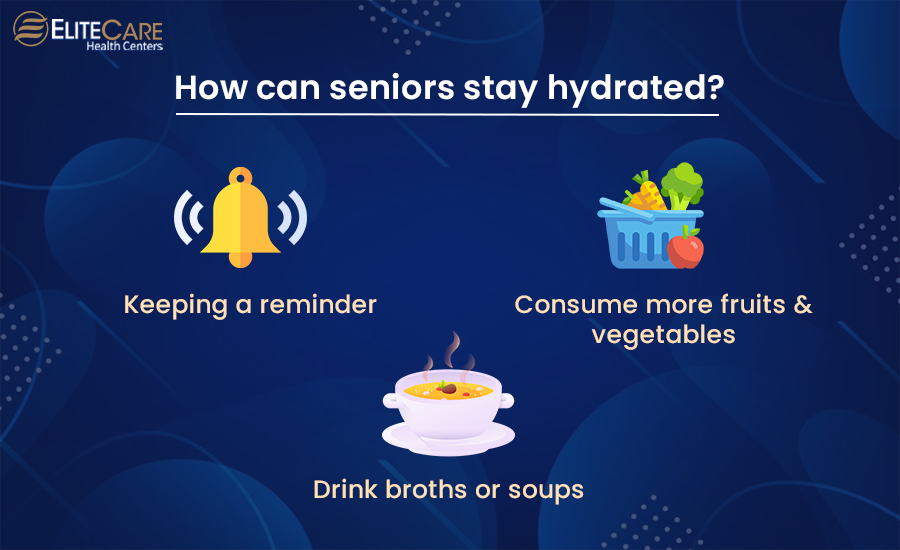
Hydration helps with digestion, nutrition transport, and kidney function. It is essential for maintaining appropriate blood volume, electrolyte balance, and renal function.
There are various prevention techniques to reduce the risk of dehydration in the elderly:
Keeping a reminder
Every 30 minutes or so, set a timer to drink water. Keep a bottle or glass of water nearby. The sight of it serves as a reminder to keep drinking. Encourage seniors to hydrate frequently throughout the day in small amounts, especially during the warmer months.
Ensure that seniors have enough access to their favorite fluids throughout the day. Remember that beverages like coffee, tea, juice, and smoothies all count; but be mindful of their calorie, sugar and caffeine content.
Consume more fruits and vegetables
Watermelon, strawberries, peaches, cantaloupe, oranges, cucumbers, lettuce, zucchini, tomatoes, and celery are all rich in water. Seniors may naturally improve their water intake by eating these foods alone or as part of a meal.
Drink broths or soups
Boost fluid intake and get more nutrients into the diet by incorporating a variety of hot and cold soups. Always have some soup in the freezer on hand for quick meals since many soups freeze nicely. Considering their high water content, yogurt and cottage cheese are also some good choices to keep in mind.
How much liquid do you need to stay hydrated?
As a general guideline, consume ounces of fluid equal to one-third of one’s body weight. For instance, if you weigh 150 pounds, try drinking 50 ounces of water/day.
Consult a doctor or primary care physician to understand the recommended amount of water intake, especially for seniors who have a medical history and are taking over-the-counter or prescription drugs. This is because certain drugs increase the amount of water the body excretes. Others may lead to water retention.
Staying hydrated for seniors can be a challenge if they face continence issues (bladder problems). These can be addressed by losing weight, stopping smoking, drinking less alcohol before bed, and sticking to water. Doctors advise using a timed toileting strategy to handle this. Toilet timing refers to creating a schedule for urinating so that seniors use the restroom at predetermined times. Urinary incontinence can benefit from toilet timing strategy.
How to monitor your fluid intake?
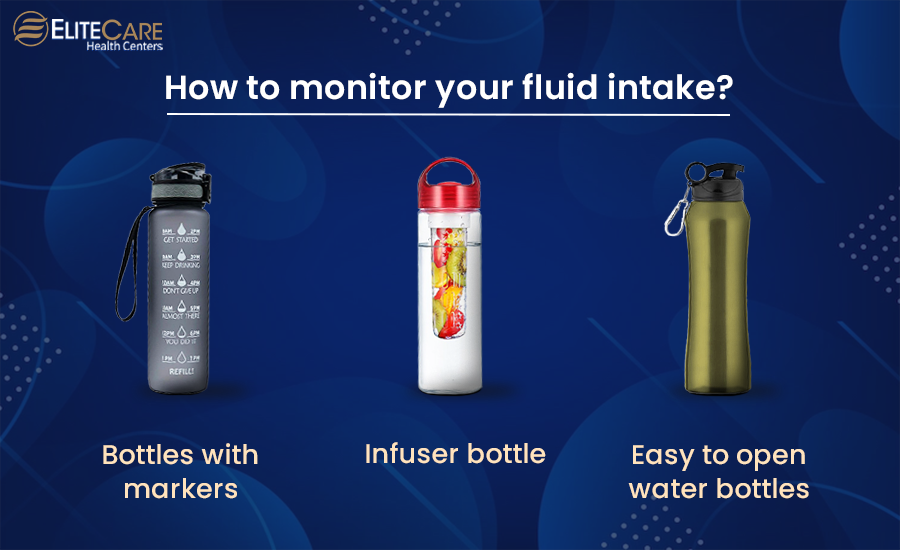
Bottles with markers
Use bottles with pre-printed water levels or timings to keep track of the senior’s water intake.
The pre-printed water levels serve the goal of alerting the seniors when they haven’t had enough water in a day. A display water bottle with intake tracking is the ideal choice for seniors.
Infuser bottle
The fruit infuser bottle helps create a natural-flavored beverage with herbs, vegetables, and sliced fruit. This flavors the water while the infuser keeps the pulp out of it. This will not only save money on flavored water purchases but will also motivate seniors to drink more.
Easy to open water bottles
Seniors with Parkinson’s disease or arthritis may find it difficult to open water bottles purchased at the shop or to pour water from particular pitchers. Fill in easy-to-open water bottles that are made of food grade-material and not too heavy, so seniors can drink easily whenever they need to.
Conclusion
Drinking adequate water is essential for seniors to avoid unwanted complications. Try to cultivate the habit of drinking small amounts of water throughout the day.
These practical suggestions are generic advice. Keep in touch with the physician treating your loved one, and remember that controlling some chronic medical problems may need specific fluid intake levels.
